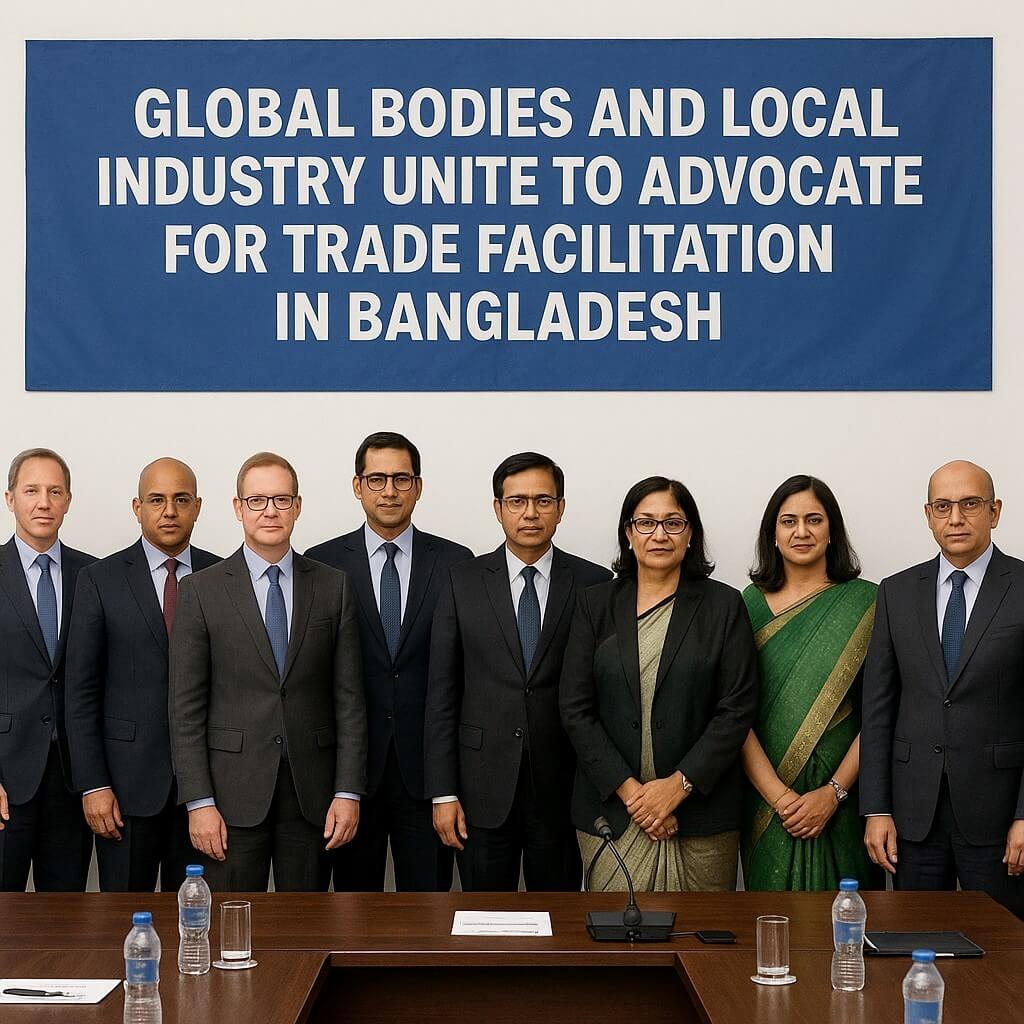In a major demonstration of teamwork, important global and local organizations – the World Bank (WB), World Trade Organization (WTO), and the Federation of Bangladesh Chambers of Commerce and Industry (FBCCI) – have collectively underscored the critical importance of Bangladesh signing and implementing the Trade Facilitation Agreement (TFA). This unified emphasis, highlighted during a recent meeting at the FBCCI Gulshan office, is aimed at cultivating a more robust and business-friendly environment, essential for the nation’s continued economic ascent. The Trade Facilitation Agreement is a pivotal international accord designed to simplify, modernize, and streamline customs procedures and other trade-related processes across the globe. Its implementation promises to reduce trade costs significantly, thereby boosting efficiency and competitiveness for businesses. In this collaborative effort, the WTO plays a crucial role by providing its comprehensive Trade Facilitation Agreement Tracking Tools, assisting member countries in effectively realizing their TFA objectives. Concurrently, the World Bank actively supports nations like Bangladesh in optimizing their trade processes, enabling them to fully harness the multifaceted benefits that the TFA offers. During the focused discussions, participants emphasized that establishing a truly business-friendly environment in Bangladesh necessitates centralizing all trade-related services under a single, unified authority. This strategic consolidation is envisioned as a foundational step toward ensuring the sustainable development and growth of the country’s dynamic trade and industrial sectors. Business leaders at the meeting passionately articulated the need for targeted enhancements across several critical areas: bolstering technical capacity, investing in workers’ skill development, upgrading essential infrastructure and logistics networks, and expanding laboratory capabilities. These concerted improvements are vital to curtail the cost of doing business in Bangladesh, thereby elevating overall productivity and sharpening the nation’s competitive edge on the global stage. The expected benefits for Bangladesh from the comprehensive implementation of the TFA are substantial and far-reaching. It is anticipated to unlock unhindered growth for both trade and industry, significantly reduce operational costs for businesses, and markedly increase the country’s competitiveness in international markets. This strategic alignment with global trade facilitation standards will not only foster an attractive climate for both local and foreign investment but also integrate Bangladesh more seamlessly into global value chains. The FBCCI Administrator, Md. Hafizur Rahman, further stressed the importance of actively incorporating the private sector’s perspectives throughout the implementation process, ensuring that the policy framework is practical and responsive to industry needs. The united appeal from the World Bank, WTO, and FBCCI paves a positive road ahead for Bangladesh. By embracing the TFA and enacting the recommended systemic improvements, the nation is poised to create a more efficient, transparent, and welcoming ecosystem for trade and industry, ultimately driving sustainable economic growth and securing a more prosperous future for all its stakeholders.
Global Bodies and Local Industry Unite to Advocate for Trade Facilitation in Bangladesh
47


